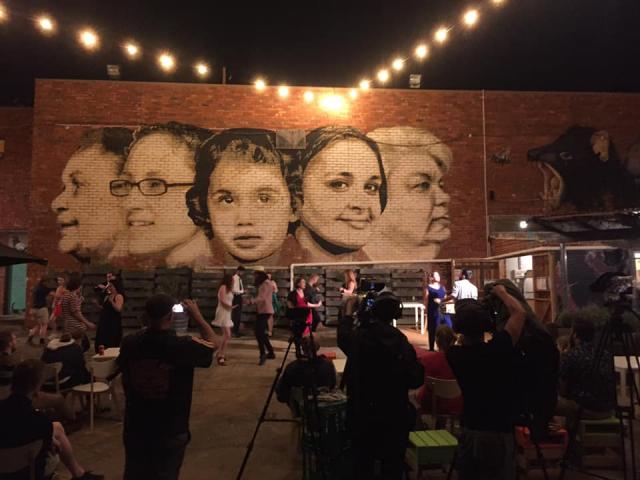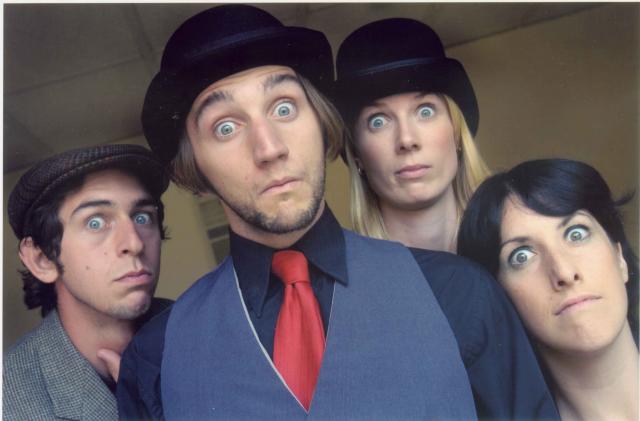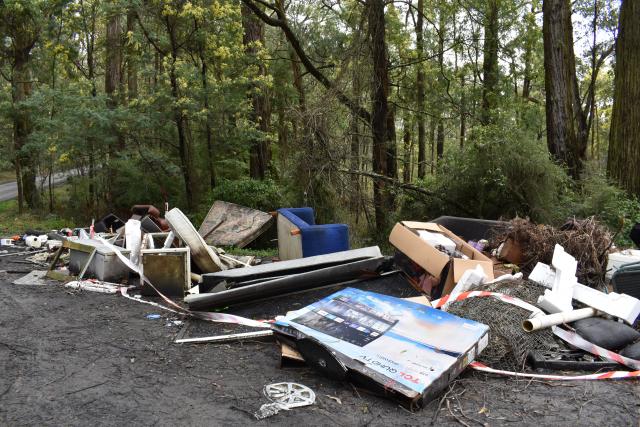When Tecoma local Sharyn Mullens Taylor received an email confirming she had been awarded the Medal of the Order of Australia for her service to amateur theatre, she forwarded the email to her partner to confirm what she was reading was real.
“I was very humbled and felt deeply appreciative of the opportunity to see the work that we do have more exposure, because we’ve been plugging away at the work we do for over 20 years, and it’s really nice for it to be recognised,” Ms Mullens Taylor said.
In 2002, Ms Mullens Taylor founded Fresh Theatre for Social Change, established to engage youth in crisis in personal development through theatre.
“It’s actually about engaging young people in the characters and the stories and the devising of theater together – we start to unpack some of the issues and traumas and celebrations and hopes that the young people that we work with have,” Ms Mullens Taylor said.
Children from age 10 to young adults 18 years of age have access to the theatre, which Ms Mullens Taylor herself created when she was 20 years old and completing a Performing Arts degree.
It was through the dramatist’s engagement with youth drop-in centres that she saw the need for a permanent space where young people could feel safe.
“50 per cent of the young people we work with are referred from agencies and organisations that work with young people in crisis. Our ratio used to be a lot higher than that, we used to say 80 per cent, but then we found that there were lots of young people that just wanted to come along and engage in a personal development program,” Ms Mullens Taylor said.
“We’re a non-profit and we have what’s called a $10 negotiable fee, which pays for afternoon tea and dinner for the young people in the theaters. If they can’t pay, they don’t pay…It’s not it’s not a drama program that they need to pay fees for.”
Fresh Theatre for Social Change have partnered with various bodies over the years, including Whittlesea City Council, Ringwood Uniting Church and organisations in the Manningham municipality, who will host the theatre’s mainstage productions; semi professional performances and verbatim work which is inspired by stories and experiences.
“A few years ago, we did that around family violence and we explored the stories of people that had contact with family violence; from young people in our theaters, to perpetrators that we developed some theatre with, with police officers and social workers, and formulated that into a theater performance with the aim of communicating the complexities of the issue in more depth, in that family violence isn’t just about someone being hit at home, there’s lots of things like coercion and it’s not always about physical violence,” the founder said.
“We did a series of projects with the primary schools affected by the Black Saturday fires. We did a trauma recovery program called Getting Changed which explored how things happen to us and change us, and sometimes we have control over that, but sometimes we don’t, and [helped students] work through some of their experiences.”
The funds raised from these mainstage productions, which have partly managed to continue during the pandemic, are injected back into theatre works and projects.
“Our community’s really large and really passionate, and there are still young people that attended the theater 20 years ago, that are now in their late 30s that still come back to all our mainstage productions and support us in any way they can,” Ms Mullens Taylor said.
“There’s also family members like parents and friends of young people that have been through our theatre programs that come back as well people who like what we do and are supporters of us; so it’s been a fantastic journey.”
Having had Covid-19 interrupt the theatre company’s 20th anniversary celebrations in 2020, the executive director is looking forward to inviting past students back and welcoming the multiple generations of theatre participants.
“There’s something very significant about theatre, and the thing that that the arts offers is healthy risk taking; [youth] have this opportunity to fall and be caught by a community that has a culture… of caring and support. Young people having an opportunity to express themselves and have their voice heard, particularly if they’re young people who have felt very silenced or minimized in their lives, is really transformational,” she said.
Fresh Theatre for Social Change is run by an advisory board, an executive director, administrator and artistic director, a director for each individual theatre, along with pastoral carers.
“When it comes down to production time… family and friends of young people we work with [are who] we try and get on board to help us out with doing makeup for a show or helping out sewing some things for costumes
“Sometimes contact a local Men’s Shed, and they might build us a little bit of set, or we need something specifically built. So we try and tap into what’s available in the community”
“We get [youth] sometimes at the most difficult point of crisis in their lives, and the way they have dedicated themselves to working through the issues that they’re facing, whether that’s through art or sport, they’ve chosen to do that through the program we run, and I really enjoy those opportunities when they come back to our main stage shows or productions to see what they’re doing and celebrate the journey they’ve been on.”








